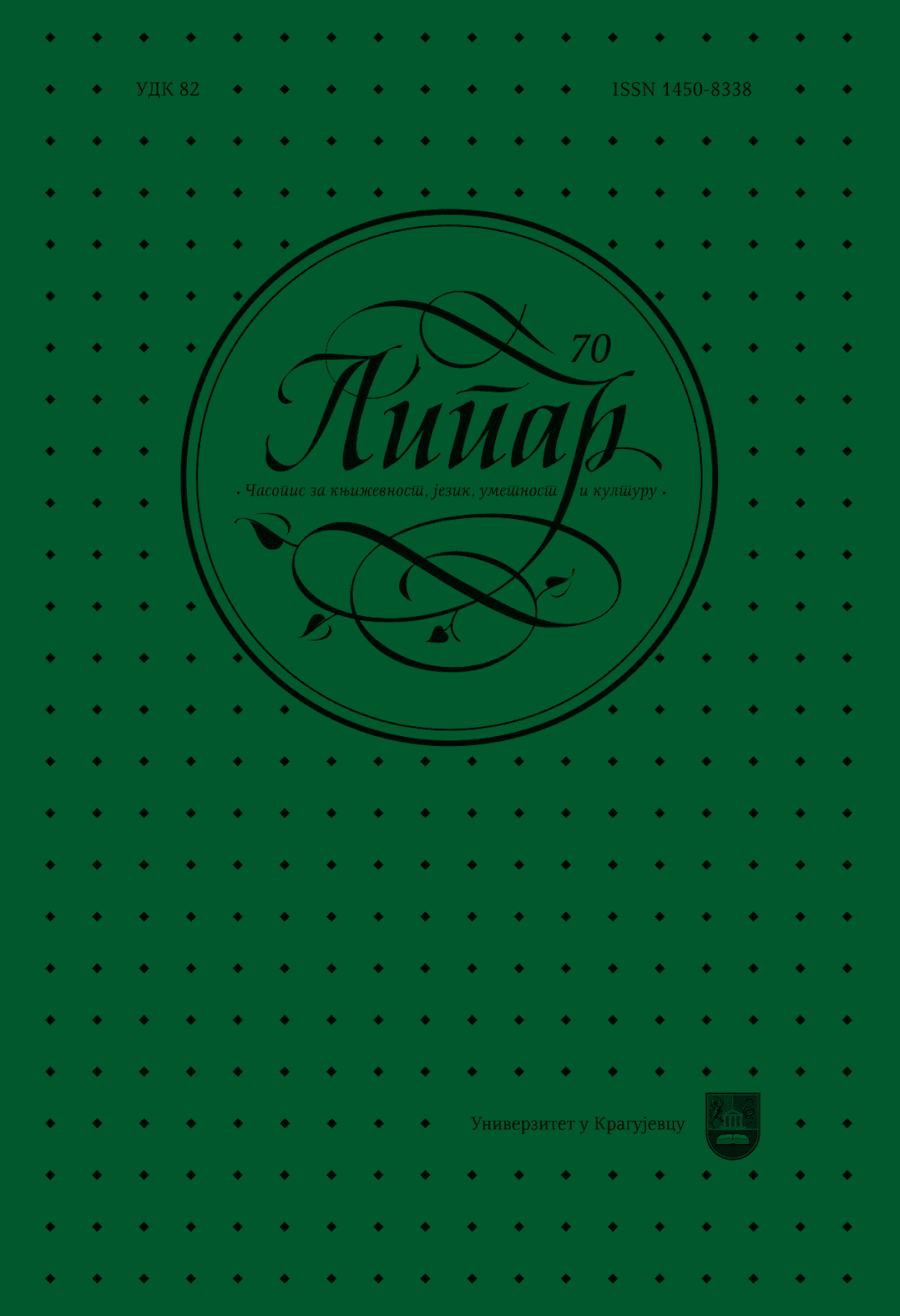
We kindly inform you that, as long as the subject affiliation of our 300.000+ articles is in progress, you might get unsufficient or no results on your third level or second level search. In this case, please broaden your search criteria.

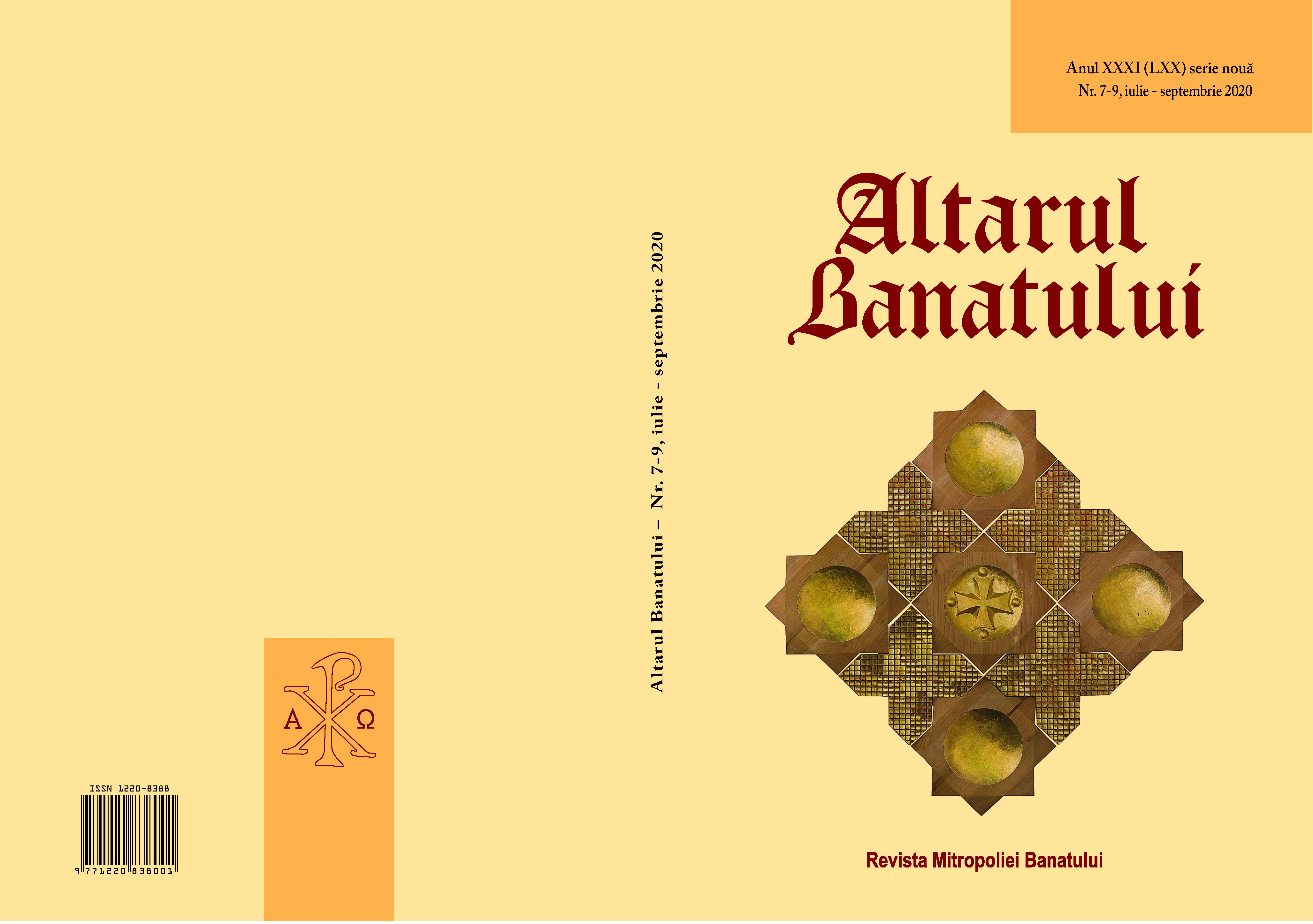
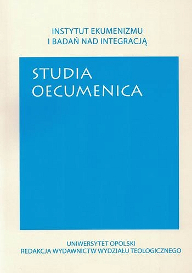

Artykuł jest poświęcony zagadnieniu roli religii w życiu współczesnych społeczeństw w ujęciu wybranych autorów publikujących w Ośrodku Myśli Politycznej. Religia stanowi dla nich niezbędny dla państwa fundament aksjologiczny, wokół którego możliwe jest zbudowanie wspólnoty obywatelskiej. Zapewnia ona państwu wartości potrzebne do prawidłowego funkcjonowania, których jego instytucje same nie są w stanie wytworzyć. Odniesienie do transcendencji pozwala ponadto na pogłębioną interpretację losów danego społeczeństwa na przestrzeni dziejów. Współcześnie chrześcijaństwo stanowi jedyną liczącą się alternatywę dla dominujących w świecie zachodnim prądów liberalnych. Zapewnia ponadto ciągłość między europejskim dziedzictwem kulturowym a współczesnością. Poglądy omawianych autorów sytuują się w ramach nurtu konserwatywnego.
More...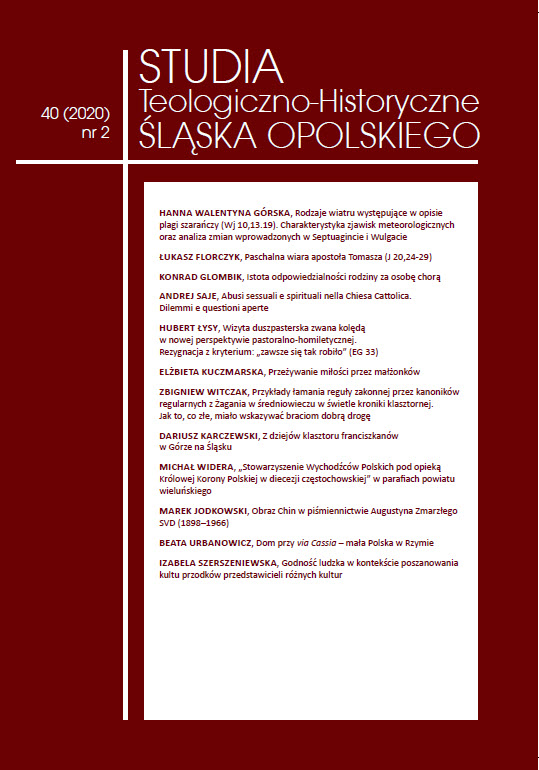
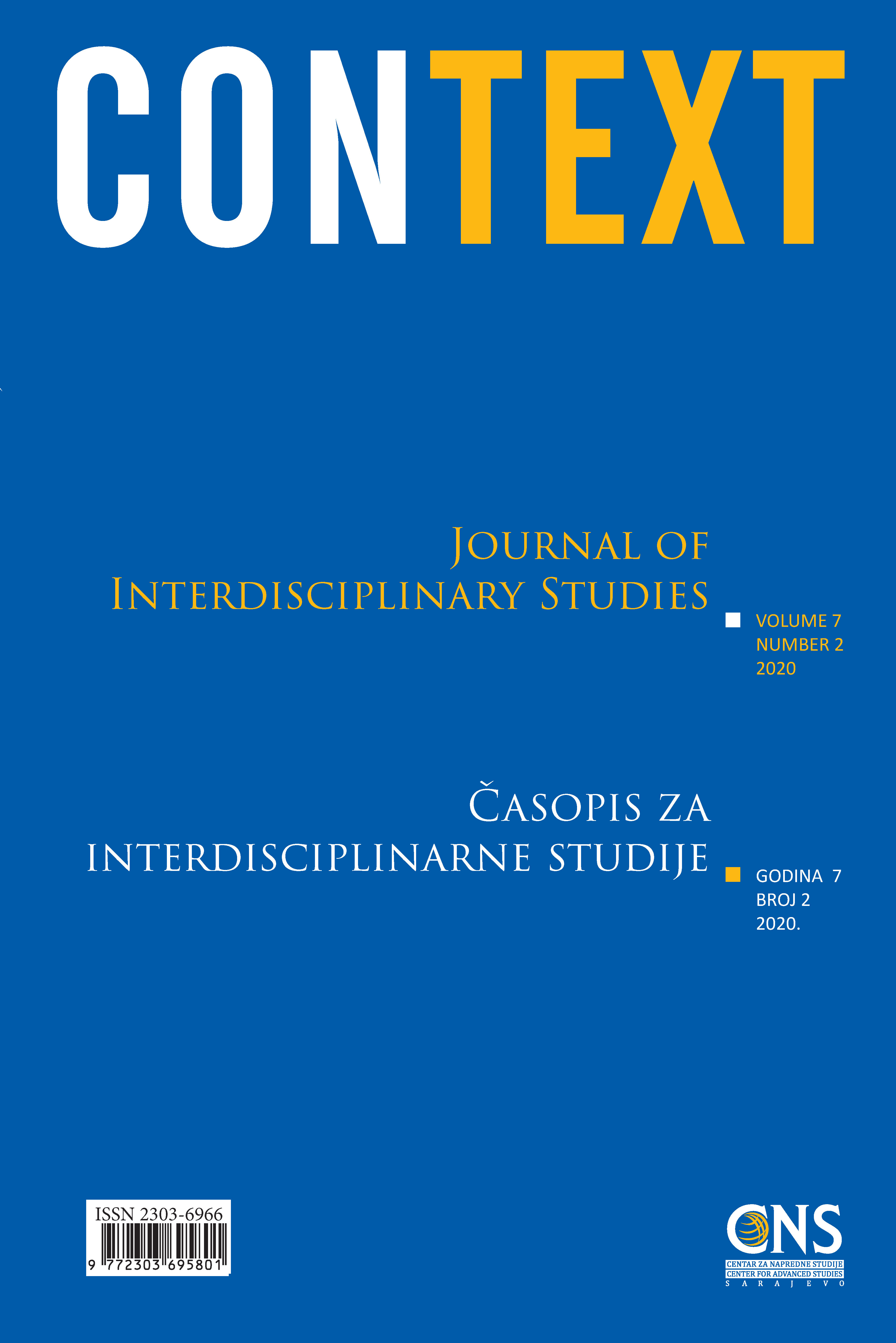
The series of events in Bosnia and Herzegovina during the early 1990s had an undeniable impact on society and contributed significantly to rupturing the continuity of popular and religious customs. In the meantime, social openness means that Bosniaks are increasingly exposed to religious and cultural influences from both the East and West. This situation has made it exceptionally diffcult to preserve the continuity of Bosniak religious customs. The aim of this paper is to demonstrate how the refraction of intercultural and inter-muslim influences in Bosnia and Herzegovina is reflected in Bosniak religious customs. The author therefore examines a selection of Bosniak religious customs related to the lifecycle: the birth of a child, marriage, and death, all of which show Bosniaks cleaving strongly to the regulations of Islam, with a gradual adoption of Western attainments and cultural values.
More...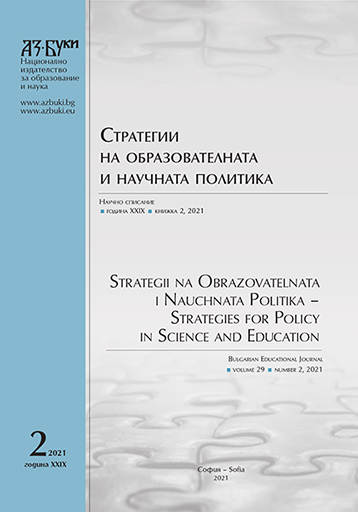
The article focuses on problems relating to the Jewish community’s origin in medieval Tarnovo, the reasons that provoked the Bulgarian-Jewish conflict from the 1350ies and its aftermaths. The hypothesis that Tarnovo Jews originated from Byzantine and appeared in medieval Bulgarian capital at the end of the 12th century as manufacturers of silk is proposed. The religious clash from the 1350ies is ascribed to the influence exerted by some Talmudic anti-Christian texts on the local Jewish community, to the broken inner status-quo between Christians and Jews after the second marriage of the Bulgarian tsar Ivan Alexander and to the reactions of part of the Christian population against the breach of this status-quo.
More...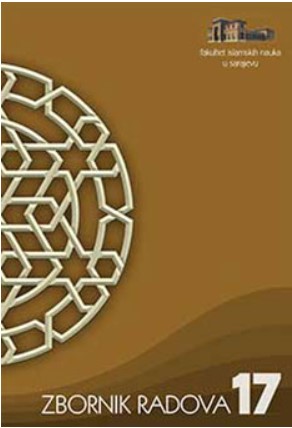
This paper focuses on the establishment and functionality of multiethnic societies in the world today and in the light of the role of religion and spirituality in building democratic structures and new relationships between peoples belonging to different cultural and religious traditions. The author notes that modern secular society is a priori averse to any interference of religious communities and especially of Islam and its principles. He reminds us that the most prominent problem in the 19th century was nationalism, which in the 20th became ideology since, during the greater part of the century peoples were entrenched on opposite sides of the ideological divisions and conflicts of the Cold War. However, now that the Cold War is over, and the ideological war ended, the biggest problems that occur in the 21st century are ethnic conflicts. Since these conflicts are partly encouraged by religious conflicts, the author argues to bring our attention to this danger and do everything we can to solve the problems of human society in this context, i.e., in order to maintain peace, we have to accept the other and different in what religion, especially Islam, plays a significant role.
More...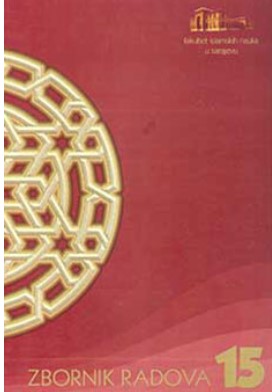
In this paper we discuss the Muslim contribution to the development of European culture. Meeting with European nations of the Middle Ages (Sicily and Spain) Muslims spurred a strong impetus to their scientific and cultural development. The first section briefly presents the Muslim-Christian experience of intercultural exchange and mutual influence of trends in the process of formation of classical Islamic and medieval Christian culture and civilization.
More...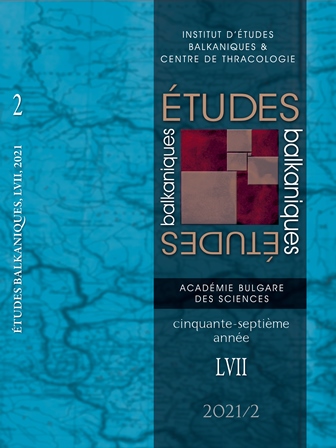
The aim of this paper is to provide a starting point for a comparison between the four edited versions of the Palaea Historica: the Greek one, the first Slavonic translation, the Romanian translation and the recently published second Slavonic translation. The four versions diverge from the very beginning, with the Greek and the first Slavonic translation providing a discussion on the Holy Trinity before moving on to God’s creation of the world, whereas the Romanian version omits the theological introduction and expands the cosmogonical portion with a paraphrase of Epiphanius’ Hexaemeron. The second Slavonic translation omits the entire description of the six days of creation in order to focus on Adam and the symbolic importance of his name. Another point of interest is the treatment of a fragment condemning the heretical view that Satan was Cain’s father, which is not conserved in the first Slavonic version and the Romanian versions.
More...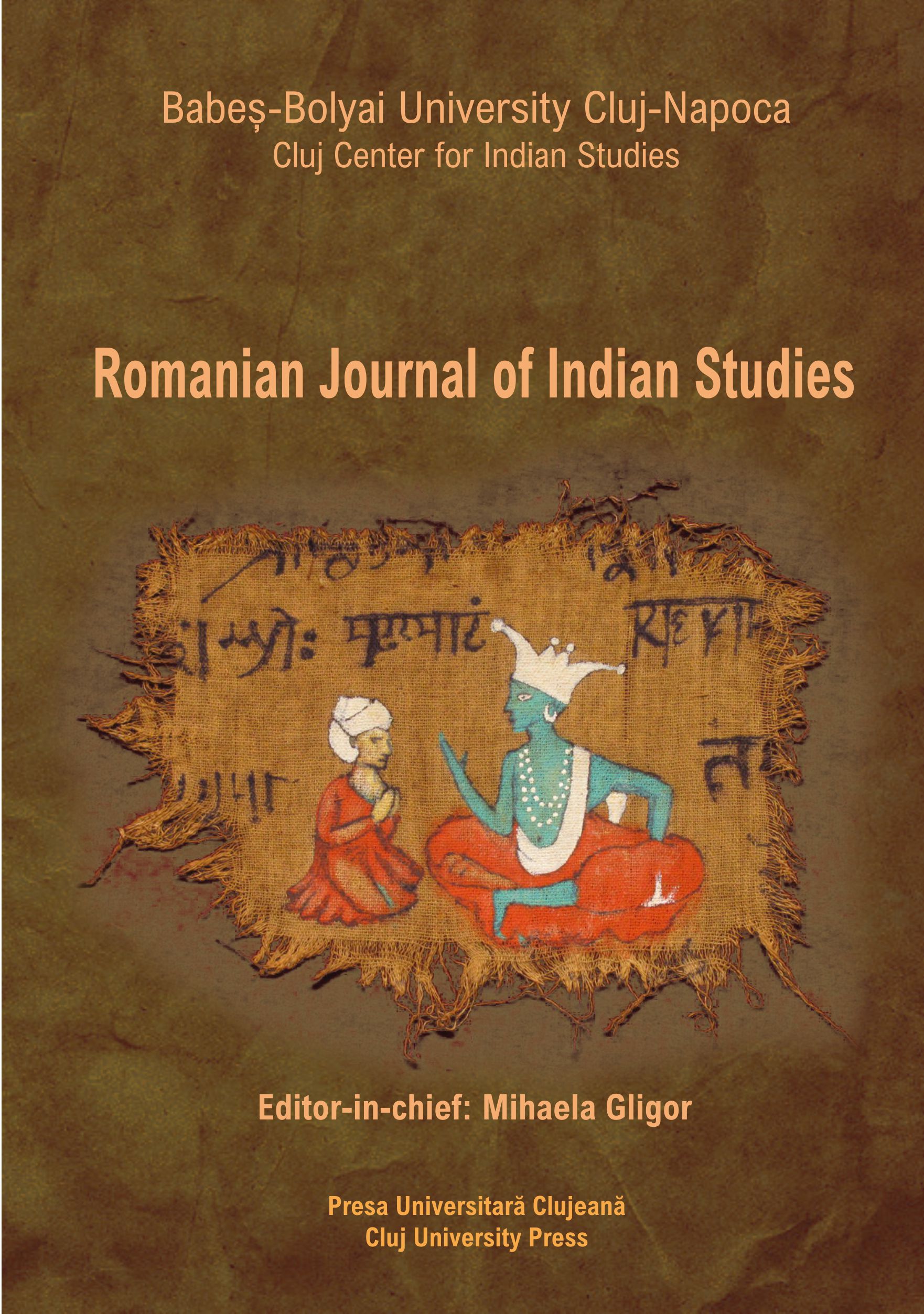
This paper reviews five texts regarding Padmasambhava, which were written before Zangs gling ma (dBa' bzhed and four manuscripts discovered in Dunhuang – Pelliot tibétain 44, IOL Tib 321, IOL Tib J 644 and Pelliot tibétain 307), in an attempt to outline a historical portrait of Padmasambhava, different from the mythologized portrait shaped by Zangs gling ma and the revealed biographies following it.
More...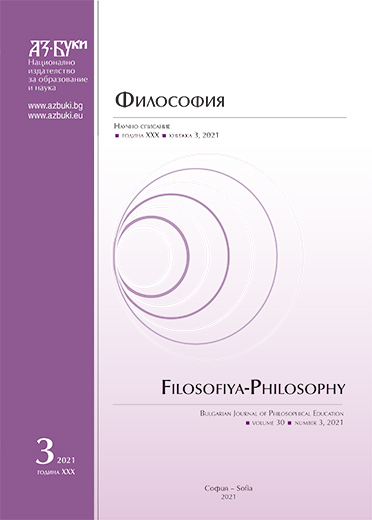
A stereoscopic view on a particular historical event, in which contemporary assessments are combined with mental stereotypes of a medieval man, allows a slightly different assessment of the chronicle plot about the posthumous “baptism of bones” of Oleg and Yaropolk, Princes of Kyivan Rus, in 1044. While from theological positions it is perceived as an absurdity and a direct violation of the rules of the church, in the Middle Ages this act did not contradict the mass religious beliefs. From an ethical point of view, the action of Yaroslav the Wise was regarded as concern for the souls of the ancestors who died pagans and therefore did not claim for the salvation. The soteriological optimism that prevailed in the eleventh century in countries of the late Christianization, including Kyivan Rus, gave hope that living people were able to influence the fate of the souls of the dead. From a political point of view, the baptism of the ashes of the ancestors and their reburial in the family tomb of the Princes of Kyiv in the Church of the Tithes was aimed at expanding the circle of heavenly patrons and protectors of the princely dynasty, expanding the period of the Christian history of Kyivan Rus, and, as a result, legitimizing the power of Yaroslav the Wise.
More...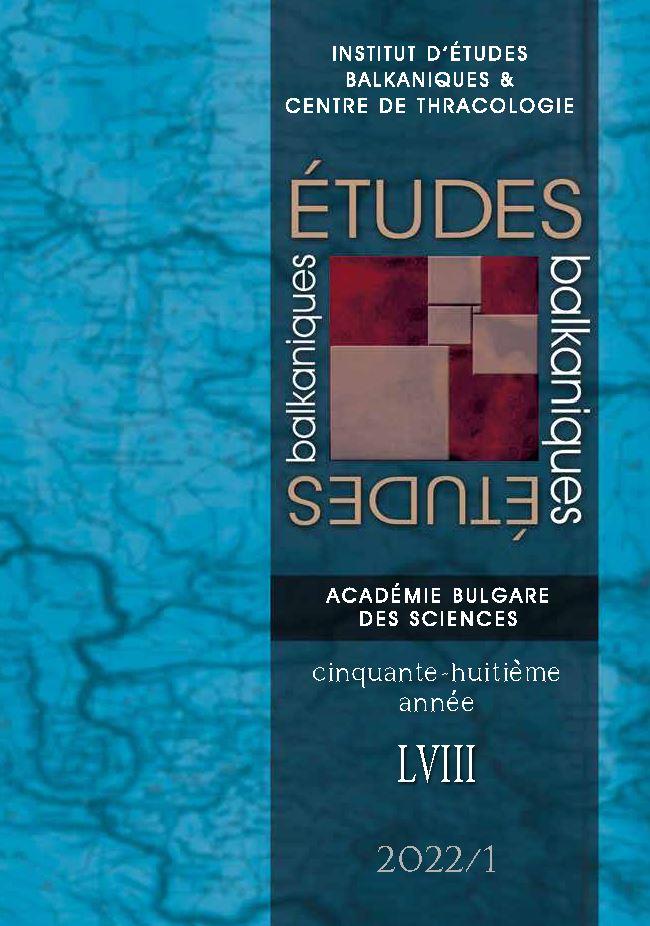
In this article I return to St. Marina, on whose folkloric image and faith I worked many years ago. My goal is to supplement my previous observations with new ones and to expand the territorial scope. Special attention is paid to the veneration of the saint’s sacred relics in the Mediterranean and the reactivation of her cult. I also consider the transformational models in the believers’ notions of the cave and nature, and the periodic renewal of those notions through archaization and return to archetypes personified in the cult of St. Marina.
More...
The presentation addresses issues related to the construction of the socialist canon in the Bulgarian theatre on the basis of certain postulates and ideologemes that provoked the creation of new totalitarian mythologems (Jung, Kerényi). By its very nature, European totalitarianism of the 20th century did not tolerate gods other than those whom it had named itself. Rejecting the centuries-old faith in the Christian god, the system had to elevate its idols. Here the magic that art and artistic image possess was put into reconsideration. Totalitarian culture and art incorporated the powerful tradition of esoteric notions of image in order to create a new religion with new rituals that affect consciousness through the archetypal in a grand spectacle (Debord). In this theatre, the stage incarnations of totalitarian mythologems about the party leader, the positive hero, the youth, the masses, etc. became the main means of forming the type of socio-political thinking necessary for the power.
More...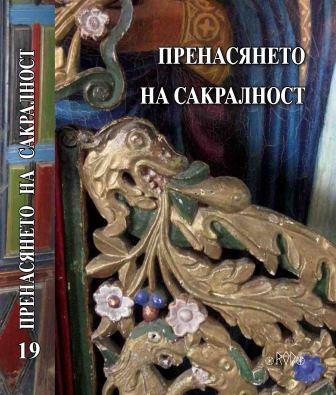
The period V–VIII cent. AD is particularly dramatic in the history of Bulgarian lands. Cardinal changes occur on the Balkan Peninsula, but up to this day it is lively debated whether and to what extent these changes are accompanied by cultural and ethnic continuity. The present study offers a number of facts expressing such continuity.
More...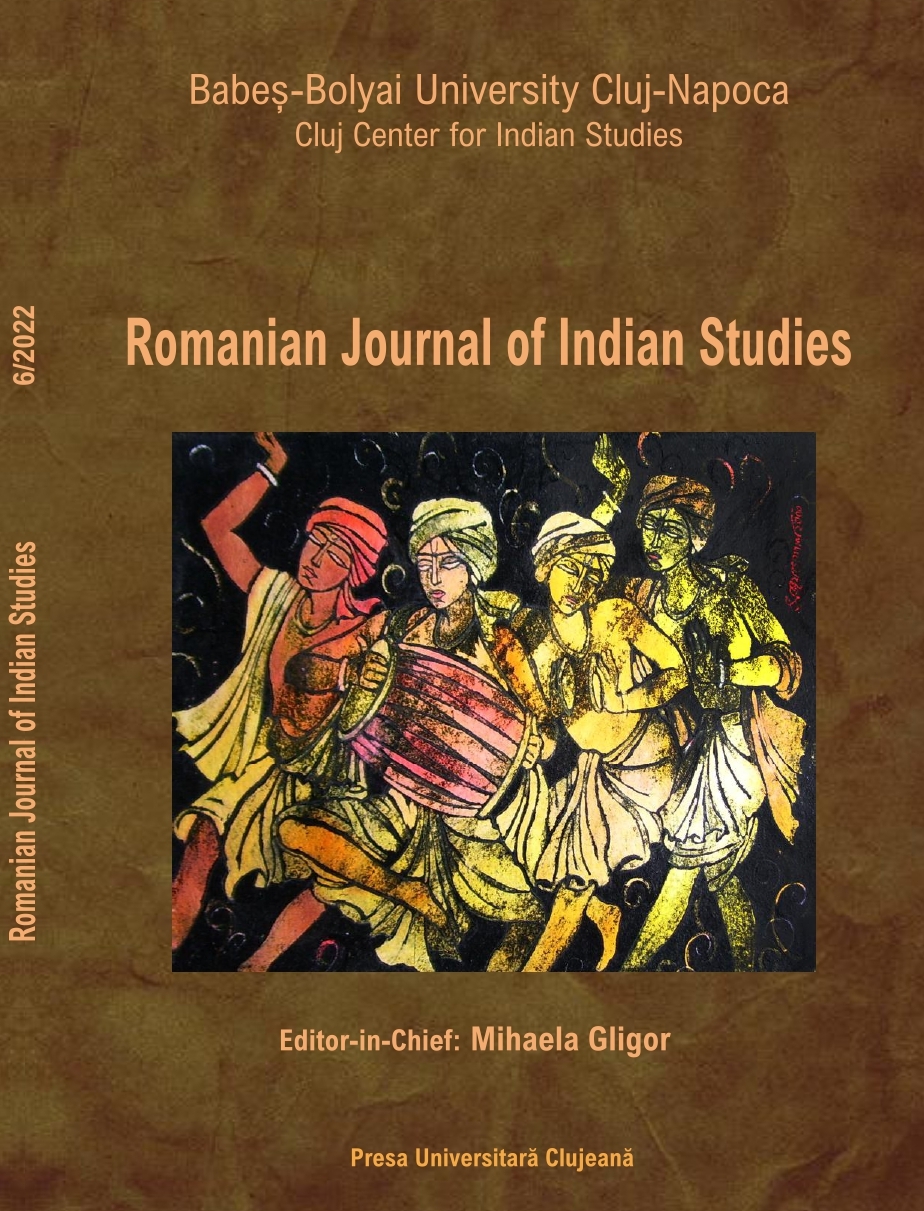
This article compares and contrasts two eminent theologians, one Hindu (Madhva), and one Christian (Calvin) who had similar ideas in terms of the sovereignty and majesty of God and the doctrine of Predestination of souls each, of course, based on their respective religious-cultural contexts and scriptural texts.
More...
The Third General Assembly of the World Council of Churches took place in New Delhi, a multicultural and interreligious town in India. By this means, the World Council took a step forward towards the dialogue with the world’s religions. From ancient times, India was a place of dialogue between adherents of different cultures and religious traditions. At the Third General Assembly of the WCC, the interreligious dialogue which will be more acknowledged throughout the years became a leitmotif on the ecumenical agenda of the member churches. In this study, I try to present how this historical ecumenical event has shaped the interreligious dialogue architecture of the World Council and how it fits in the Asian interreligious landscape. It was the first General Assembly of the WCC outside the traditional Christian space, which up to that moment represents more or less the European and North-American geographical space.
More...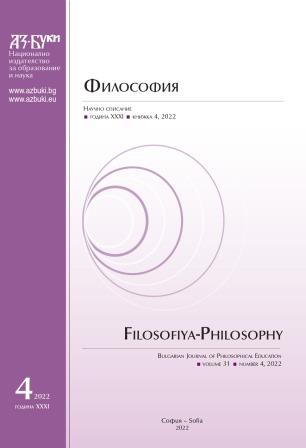
Article aims, through a comparative analysis, to explicate the Gnostic and Bogomil religious-philosophical conceptual grounds for the possibility of acquiring knowledge saving man from the dualism of being. The tasks of the study are to indicate the reasons for the search for such knowledge, which provides a form of human existence that will lead man to salvation. To achieve the tasks, the study begins by establishing the connections of Gnosticism and Bogomilism with historically preceding spiritual-religious communities and their concepts, the relations with Christianity and the grounds for their designation as Christian heresies are indicated, the conceptual parallels between Gnosticism and Bogomilism in their cosmological understandings are indicated and their consequences for man, the way out is indicated, which overcomes the unnatural state of being and the subsequent opportunity available to man for union with God.
More...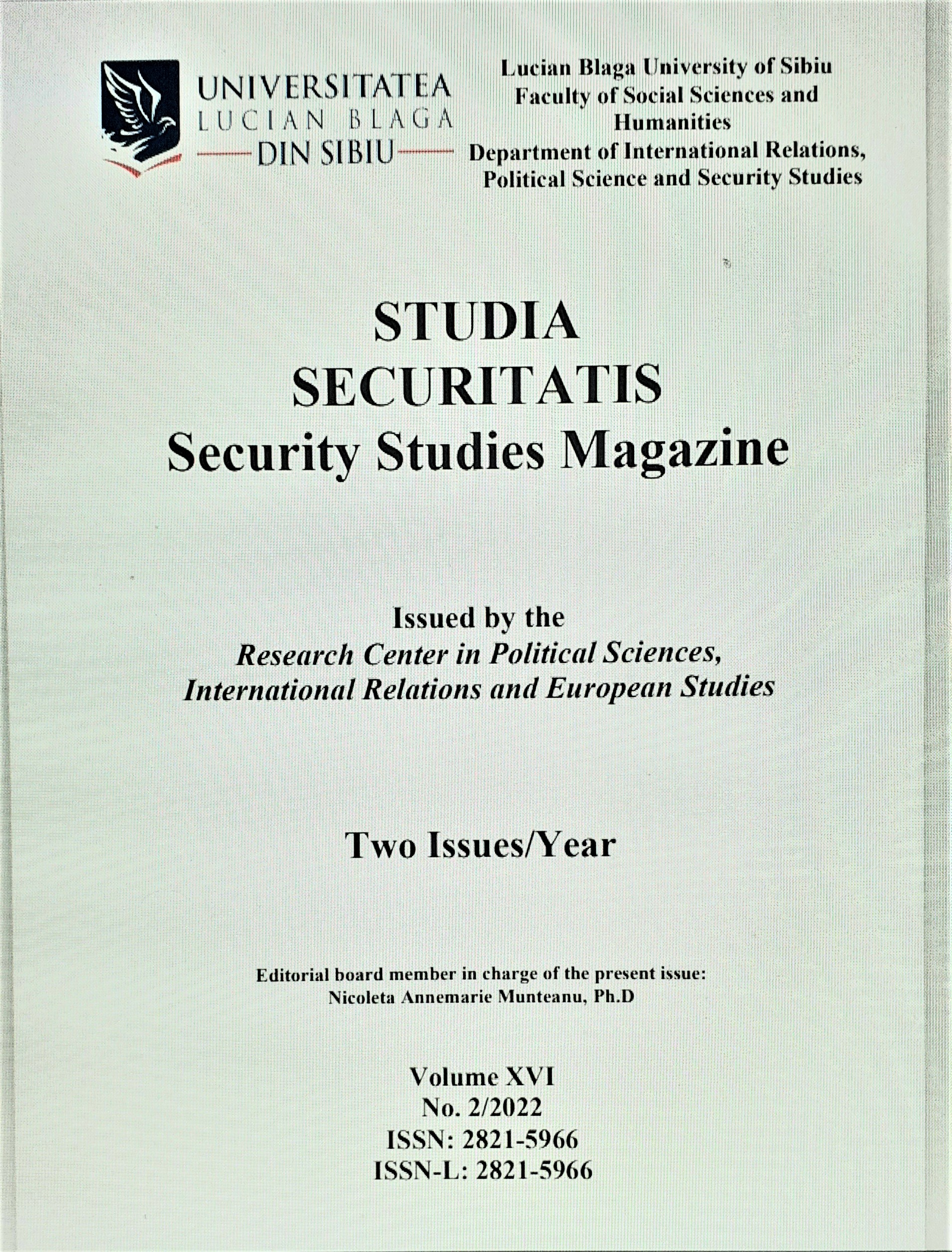
Religious fanaticism is a ubiquitous phenomenon in society, shaping and generating complex individual and collective behaviors and duplications both in relation to members of the community they belong to and those outside them. An important role in determining such behaviors has the religious precepts adopted by fanatics. They definitely influence the behavior of the followers as well as the way those with extreme and intolerant religiosity relate, ie the religious fanatics to themselves and to those with whom they interact. For some fanatics, their behavior has a component represented by that of violence committed in the name of their divinity. What is worse is that they think they are right and the rest of the members of society are not, which is why the latter are guilty before the supreme being for not following the sacred precepts and consequently not adapting their behavior to those precepts. For these reasons, the article will analyze the common landmarks of all the entities that fanaticize their followers, as well as the uniqueness of the repercussions on the other members of society.
More...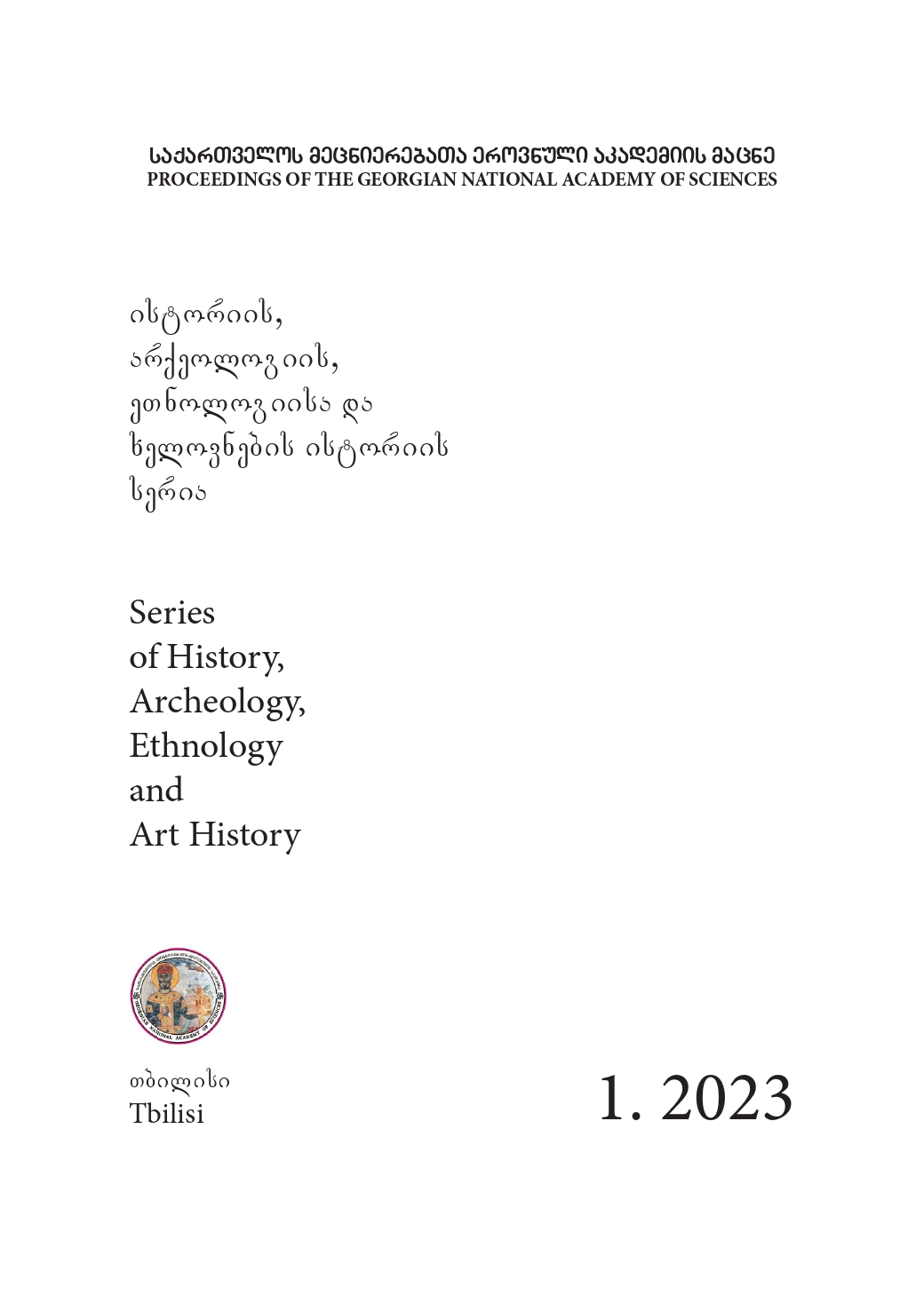
In the lengthy history of the Georgian people, the XV and XVIII centuries were especially hard because of the division of the country into small political units, such as the provincial kingdoms and principalities and the isolation of the patriarchates of Mtskheta and Likht-Imereti, as well as Samtskhe church from the unified Georgian Church. At that time two conquerors from the south, Iran and the Ottomans, were conquering Georgian territories and forcibly converted the Georgian population to Islam. The desperate population, hoping for help from Europeans, converted to the Catholic faith on the advice of papal missionaries, although they could still praise God in Georgian with the Georgian Typicon. The situation changed in the sixteenth century when Pope Paul III entrusted the Georgian parish to the Armenian UNITOR Catholics. Historian Zakaria Chichinadze exposed the perfidies of the Catholic Armenians, who forbade the Georgians to worship in the Georgian language and started the ‘Armenization’ of the Georgians.The Catholic Armenians almost completely Armenianized the Georgian Catholics of Artvin, Ardagan and Nigali valleys and for this purpose, used even threats, terror, bribery, slander, presented the history of the Caucasus and Georgia in a crooked mirror. This is particularly true with the members of the Congregation of the Mechitarists, who successfully convinced European scholars and Roman popes with their fabricated fantastic stories. Zakaria Chichinadze, together with Mikheil Tamarashvili, Ivane Gvaramadze and Petre Kharischirashvili, fought against this treacherous policy of Armenian Catholicism, whose goal was to denationalize the Georgian nation, and protected the identity of the Georgian nation.
More...